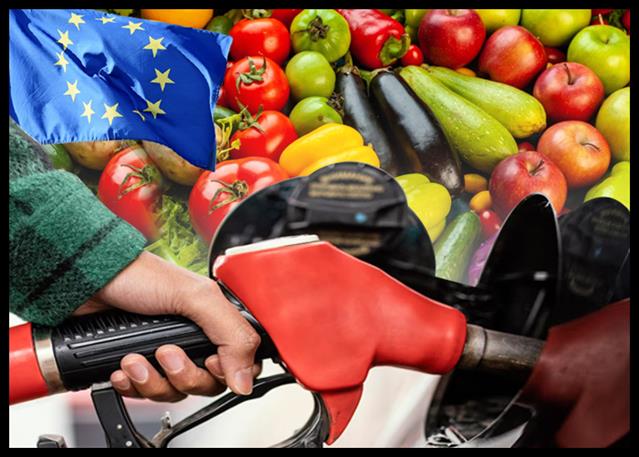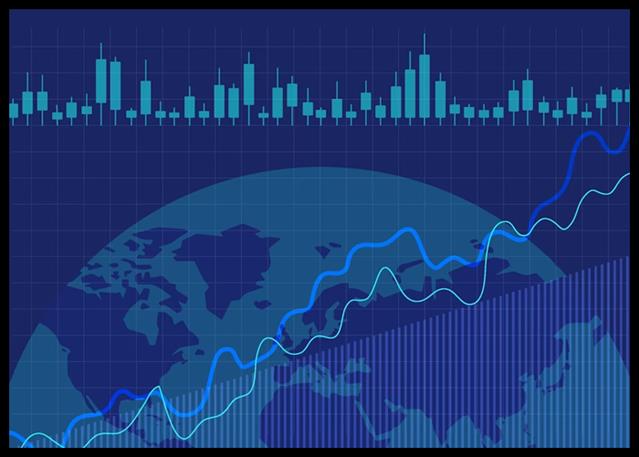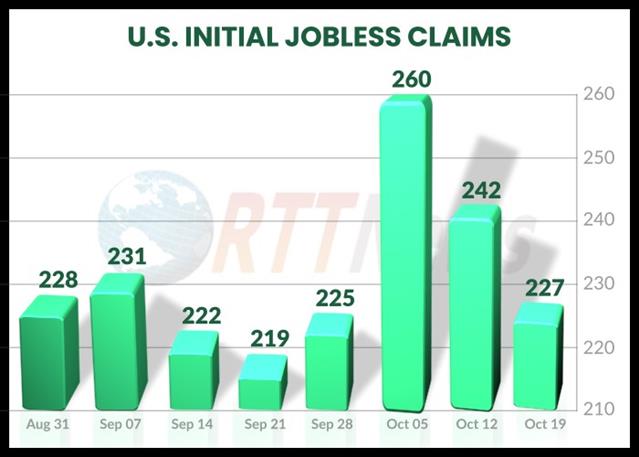Eurozone Inflation Softens As Estimated
Eurozone inflation softened in January as initially estimated, largely due to the falling energy prices, final data from Eurostat revealed on Thursday. The harmonized index of consumer prices rose 2...

Eurozone inflation softened in January as initially estimated, largely due to the falling energy prices, final data from Eurostat revealed on Thursday.
The harmonized index of consumer prices rose 2.8 percent on a yearly basis, slightly slower than the 2.9 percent increase in December. The rate came in line with the estimate released on February 1.
Likewise, core inflation that excludes prices of energy, food, alcohol and tobacco, eased to 3.3 percent in January, as estimated, from 3.4 percent a month ago.
Confirming the monthly variation, Eurostat reported that the HICP dropped 0.4 percent.
Last week, the European Commission downgraded euro area inflation outlook for 2024 to 2.7 percent from 3.2 percent. Meanwhile, the forecast for next year was retained at 2.2 percent.
In January, the European Central Bank had kept its key refi rate unchanged at 4.50 percent for the third policy session and retained its stance that policy would remain restrictive for as long as needed.
Data today showed that the highest contribution to the annual inflation came from services, followed by food, alcohol and tobacco. Services cost posted a steady growth of 4.0 percent.
Food, alcohol and tobacco prices advanced 5.6 percent after a 6.1 percent gain. At the same time, the increase in non-energy industrial goods prices slowed to 2.0 percent from 2.5 percent.
By contrast, energy prices declined 6.1 percent, slower than the 6.7 percent decrease in December.
- Check out our free forex signals
- Follow the top economic events on FX Leaders economic calendar
- Trade better, discover more Forex Trading Strategies
- Open a FREE Trading Account


